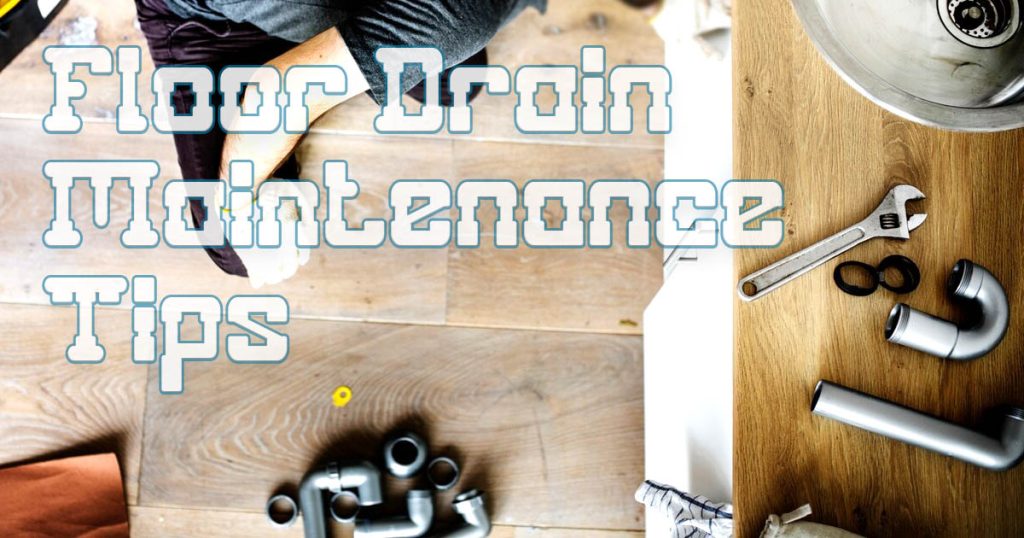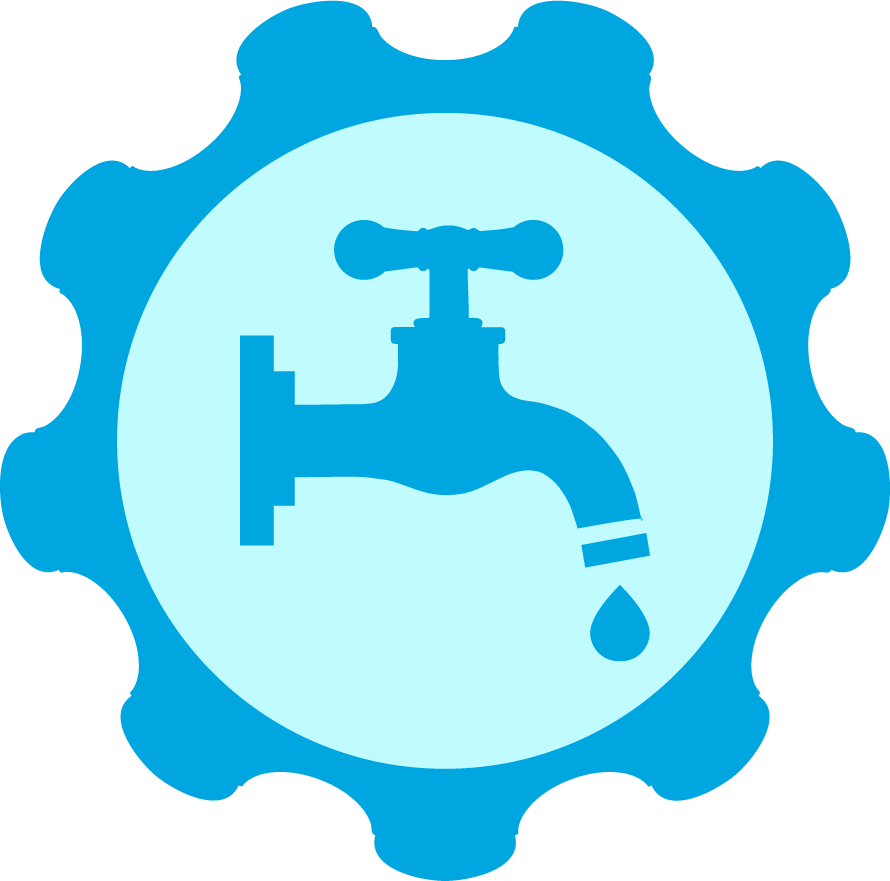Floor Drain Maintenance Tips: Keep Your Home Dry and Odor-Free

Floor drains are often overlooked yet vital in preventing indoor flooding and water damage. They’re typically found in:
- Basements
- Garages
- Laundry rooms
- Older bathroom floors
- Patios and driveways
You’ll likely find a floor drain wherever quick water drainage is needed. Below, we’ll share best practices for keeping these drains clear, preventing foul odors, and reducing the risk of costly plumbing problems.
Why Floor Drains Matter
- Prevents Flooding
- By efficiently redirecting overflow from sinks, toilets, or even heavy rain, floor drains help ensure that excess water flows away safely instead of pooling on surfaces.
- Controls Odors
- Each floor drain features a U-shaped P-trap pipe to hold water and block sewer gases from wafting into your home. If it dries out, unpleasant smells can drift upward.
- Safeguards Your Property
- When floor drains work properly, you reduce the chances of water-related damage in basements, garages, and other vulnerable areas.
Common Floor Drain Issues
- Dry or Empty P-Traps: Leads to sewer gas odors.
- Slow Drainage or Clogs: Caused by dirt, debris, hair, and other materials.
- Neglect: Homeowners often forget about floor drains until a flood or odor problem arises.
Essential Maintenance Steps
- Regularly Fill the Trap
- Why: The P-trap creates a water barrier that keeps sewer gases from escaping.
- How:
- Pour 1–5 gallons of water down each floor drain.
- Observe if water drains away promptly.
- Repeat monthly (or more frequently for drains that rarely see water).
Pro Tip: If you detect sewer odors, the trap is likely dry. Immediately pour water in to refill it and eliminate the smell.
- Clear Clogs at the First Sign
- Early Warning: A slowly draining floor drain often indicates a forming clog.
- DIY Methods:
- Plunger: Apply a few firm pumps to dislodge minor blockages.
- Baking Soda & Vinegar: Pour half a cup of baking soda and half a cup of vinegar into a bowl. Let it fizz for a few minutes, then flush with hot water.
- Drain Auger/Snake: Feed the cable into the drain until you feel resistance. Gently turn and pull back any debris.
Pro Tip: Never sweep dirt directly into floor drains; this accelerates clogs and can cause backups.
- Schedule Routine Cleanings
- Quarterly Checks:
- Remove any visible debris or dirt around and inside the drain.
- Pour water in to ensure smooth flow.
- Annual Professional Inspection:
- If you haven’t cleaned your drains professionally in a while, consider an annual appointment with a licensed plumber.
- A thorough cleaning helps prevent stubborn clogs and extends the life of your drain system.
Pro Tip: During heavy rain seasons, check outdoor floor drains more frequently to prevent water from pooling and seeping into your home.
Troubleshooting & When to Call a Pro
- Persistent Odors: If pouring water into the drain doesn’t stop the smell, you may have a deeper blockage or venting issue.
- Repeated Clogs: Chronic slow drainage or frequent backups could indicate a more significant problem—like tree root intrusion or collapsed pipes—requiring specialized tools.
- Unreachable Blockages: Floor drains can be connected to long or intricate pipe systems, making it challenging for a simple hand auger to reach the clog.
Consider Professional Assistance: Call a reputable plumbing and drain service if basic DIY methods fail or the drain is still sluggish. A plumber can thoroughly inspect the lines, remove tough clogs, and ensure your drains stay clear.
Key Takeaways
- Keep the P-trap Wet: Pour water regularly to block sewer gases.
- Check for Clogs: Act quickly at the first sign of slow drainage.
- Maintain Often: Clear away debris every quarter and schedule annual professional cleanings.
- Know Your Limits: If issues persist, call a professional plumber to avoid costly water damage.
Following these steps can prevent floor drain clogs, eliminate foul odors, and keep your home or business safe from unexpected flooding. Preventive maintenance goes a long way toward preserving your plumbing and ensuring peace of mind.
